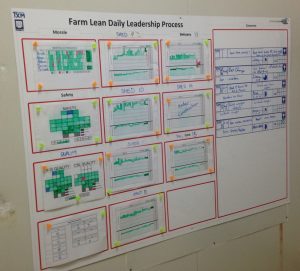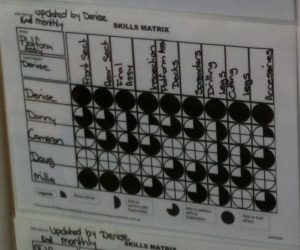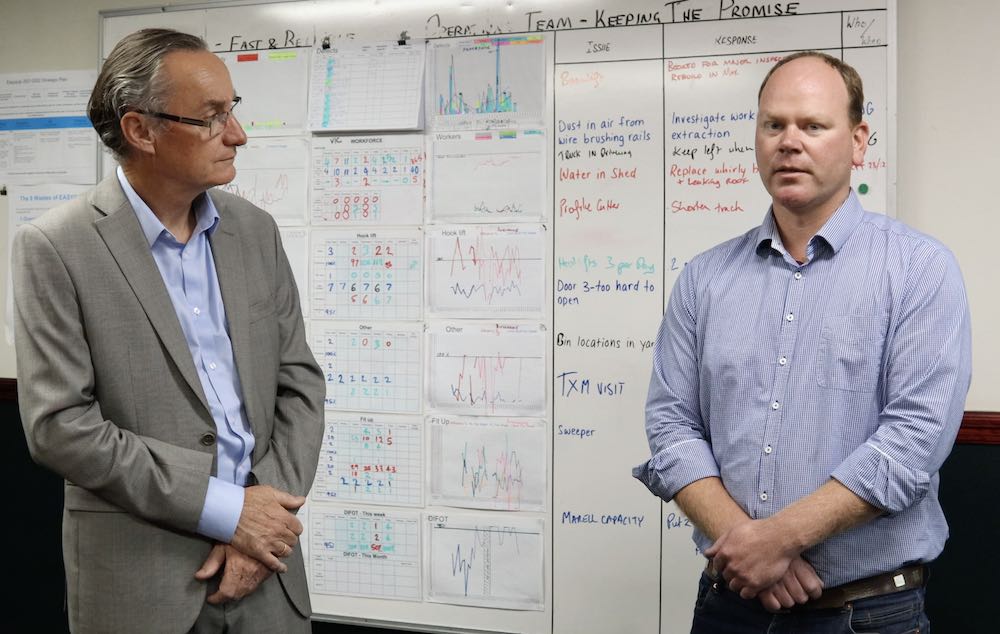It’s Grand Final season across Australia and whichever code you follow, our eyes will be on the scoreboard during the game, keeping track of the timing clock and watching the scores. There are also lots of statistics about the players and every element of the game. So what can we learn from within the Grand Final this year? When you return to work, is your team ready to head out like they are playing on the hallowed grounds of the Melbourne Cricket Ground (MCG) or Stadium Australia?
Watching the Clock
Every game, including a Grand Final, is played with clear time constraints; it has a clearly defined start time, rest periods between quarters and a finish time. Time constraints help performance by channeling our brains to concentrate our efforts across the time allocated. Having clear times for all tasks in our business will also help performance. As humans we easily let tasks expand into the time we perceive as available. How often do we clean the house 30 minutes before guest arrive, when we have had a full day beforehand and not a lot got done. Our brains swing into gear when time constraints are in place.

In our business, it’s easy to let each task take the time it takes but we all know intuitively that we are much more efficient when we are busy, as we don’t waste time on trivial tasks but get to the job and get it done with the correct quality. Without putting our teams under too much pressure, consider how you can provide clear timeframes for all tasks to be completed. Having a clearly defined pacemaker may be the key to getting your customer pace to match your own.
Keeping Score
Having a clear goal at the start of the game will ensure our team is heading out with the right mindset. In the Grand Final the goal is to beat the other team, and do this in the strategic way we had planned. We know which team has won and beaten the other team by keeping track of the score; for AFL, that’s measured by goals and points. In manufacturing, it’s often the number of products or jobs completed. In the office, it might be the number of quotes sent out or the number of jobs handed over to Production. Whatever measure suits your business, it needs to be clearly defined and displayed with metrics, and then using the correct forums, like a Daily Stand Up meeting, to review progress.

Players Statistics
Leading up the final, there are statistics on team and players, and everything else; this tells us who is good at their role and where improvements might be made. Likewise in our businesses, are we keeping track of our teams statistics? You may be doing this in your head as a manager but we can make this a key part of developing our people and our team by using a skills matrix. A Skills Matrix is a good tool for identifying the tasks needed in your team and providing a method for evaluating and developing the skills needed.

So as we cheer on our team in the Grand Final (May the best team win!!) let’s reflect what we can learn by having clear time allocations, keeping score with good metrics and keeping tracked of our statistics.




